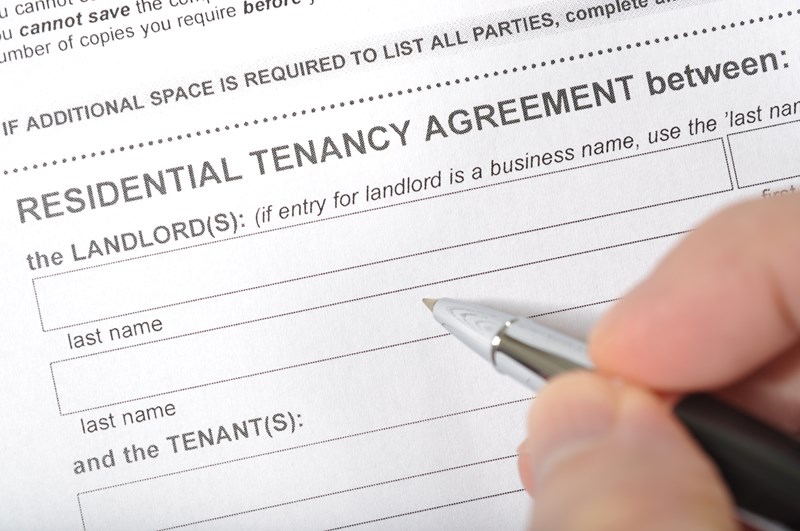Recent changes to the Residential Tenancies Act have now been in effect for several months. We answer some questions from landlords on ending a tenancy.
Can I give my tenant notice to end the tenancy?
A landlord can no longer end a tenancy without a valid reason.
Under the new rules, a landlord can only terminate a tenancy under certain circumstances. Whether you can end the tenancy will also depend on whether the tenancy is fixed term or periodic.
In most cases you can’t terminate a tenancy during a fixed term. In very limited circumstances, such as where the property has been seriously damaged or destroyed or the tenant has physically assaulted you or your family, you may be able to provide notice to end a fixed term tenancy early.
If you wish to end the tenancy at the end of the fixed term, you will need to provide a valid reason to end the tenancy, and you must give the right notice period. The reasons are the same as for ending a periodic tenancy.
Valid reasons to terminate a periodic tenancy include:
- You or your family intend to move into the property for at least 90 days;
- You intend to carry out substantial renovations;
- You plan to convert the property into business premises; or
- You are selling the property.
The notice period may be 90 days or 63 days depending on your reason for terminating the tenancy.
If you don’t have a valid reason to terminate the tenancy but your tenant has breached your tenancy agreement, such as by failing to pay rent or damaging your property, you may be able to apply to the Tenancy Tribunal to end the tenancy. In these circumstances, there are certain processes you will need to follow which usually include providing the tenant with an opportunity to fix the issue where possible.
I want to rent out my property for a limited time. Can I do so?
Previously, unless the parties agreed otherwise, a tenancy would end on expiry of a fixed term.
Under the new tenancy rules, short fixed term tenancies of no more than 90 days will continue to automatically end on expiry of the fixed term period.
However, for tenancies with fixed terms of more than 90 days, and which are signed on or after 11 February 2021, this is no longer the case. Instead, after the fixed term, most tenancies will automatically become periodic tenancies unless the tenant provides 28 days’ notice before the expiry date of the fixed term that they want to end the tenancy or the parties agree to end, renew or extend the fixed term.
If the tenancy becomes a periodic tenancy, you can only terminate the tenancy if you have a valid reason as set out above.
My tenant has given notice to end their tenancy. Is their notice valid?
A tenant can end a periodic tenancy for any reason by providing at least 28 days’ written notice to the landlord.
If the tenancy is for a fixed term, in most cases a tenant can’t give notice to end the tenancy early. The tenant may be able to terminate the tenancy if:
- the premises are unlawful residential premises;
- you breach the terms of your mortgage and your lender takes possession of your property; or
- the property has been seriously damaged or destroyed.
If a tenant wants to end a tenancy on expiry of a fixed term period the tenant must provide you with 28 days’ written notice.



